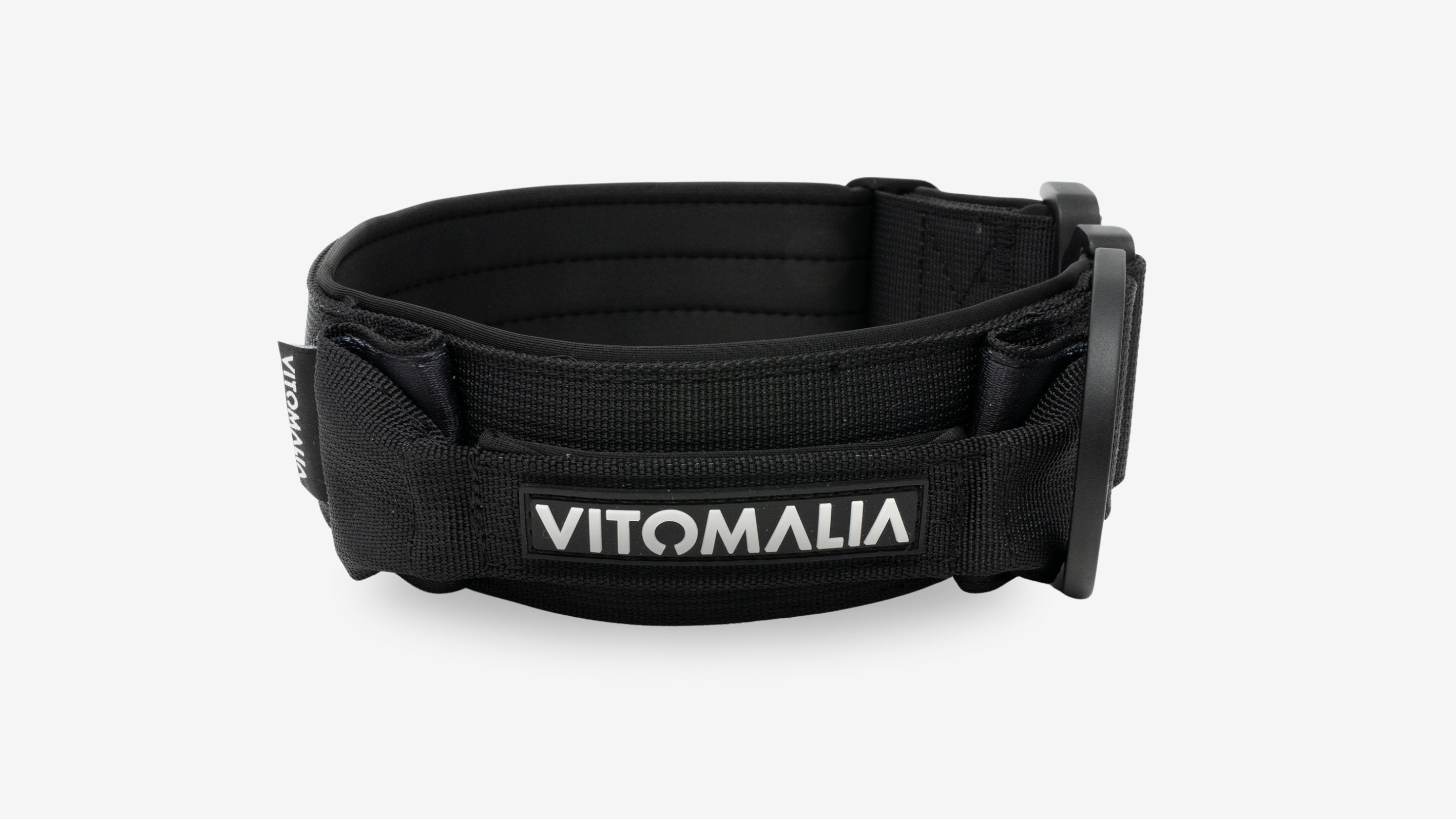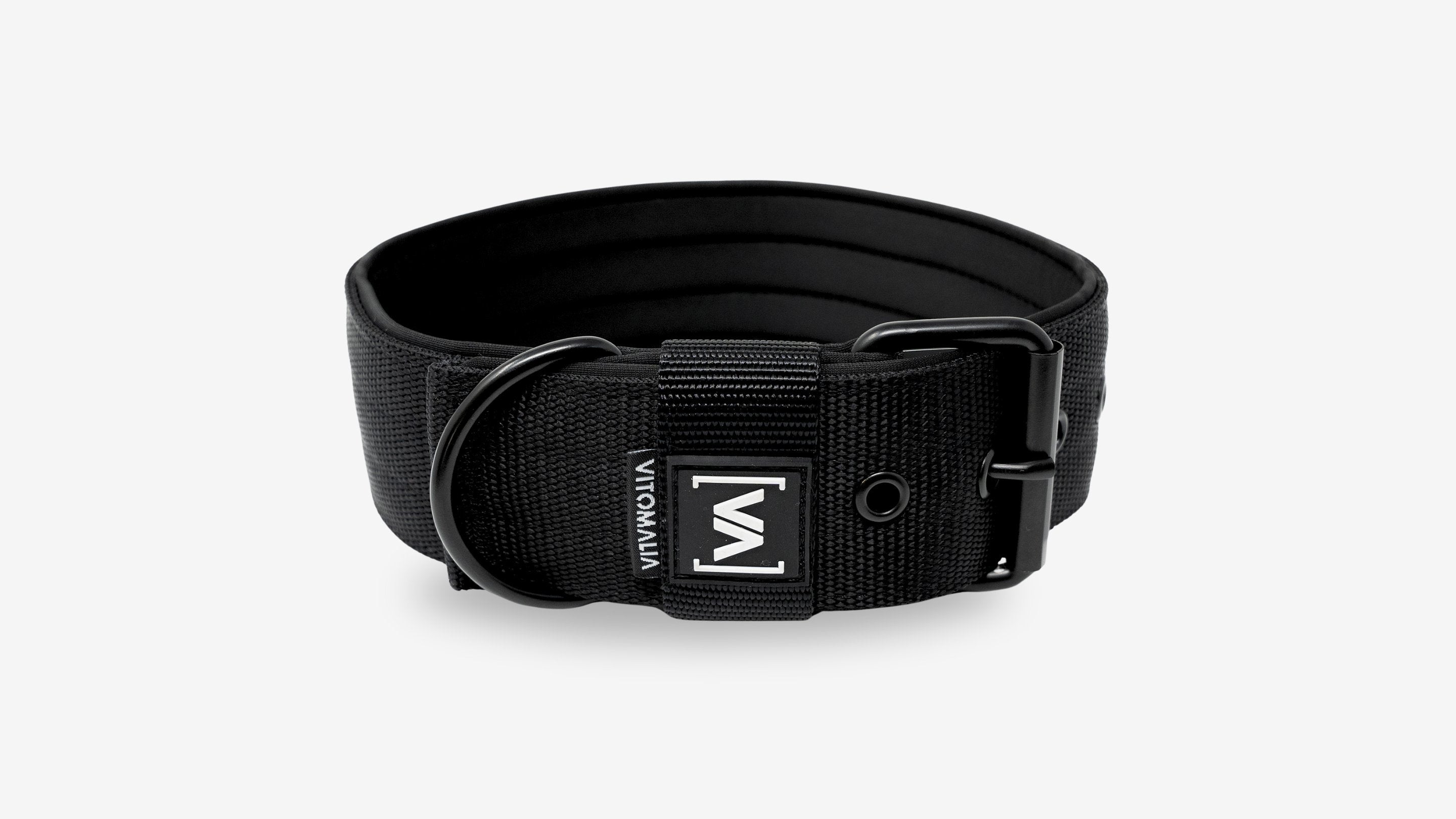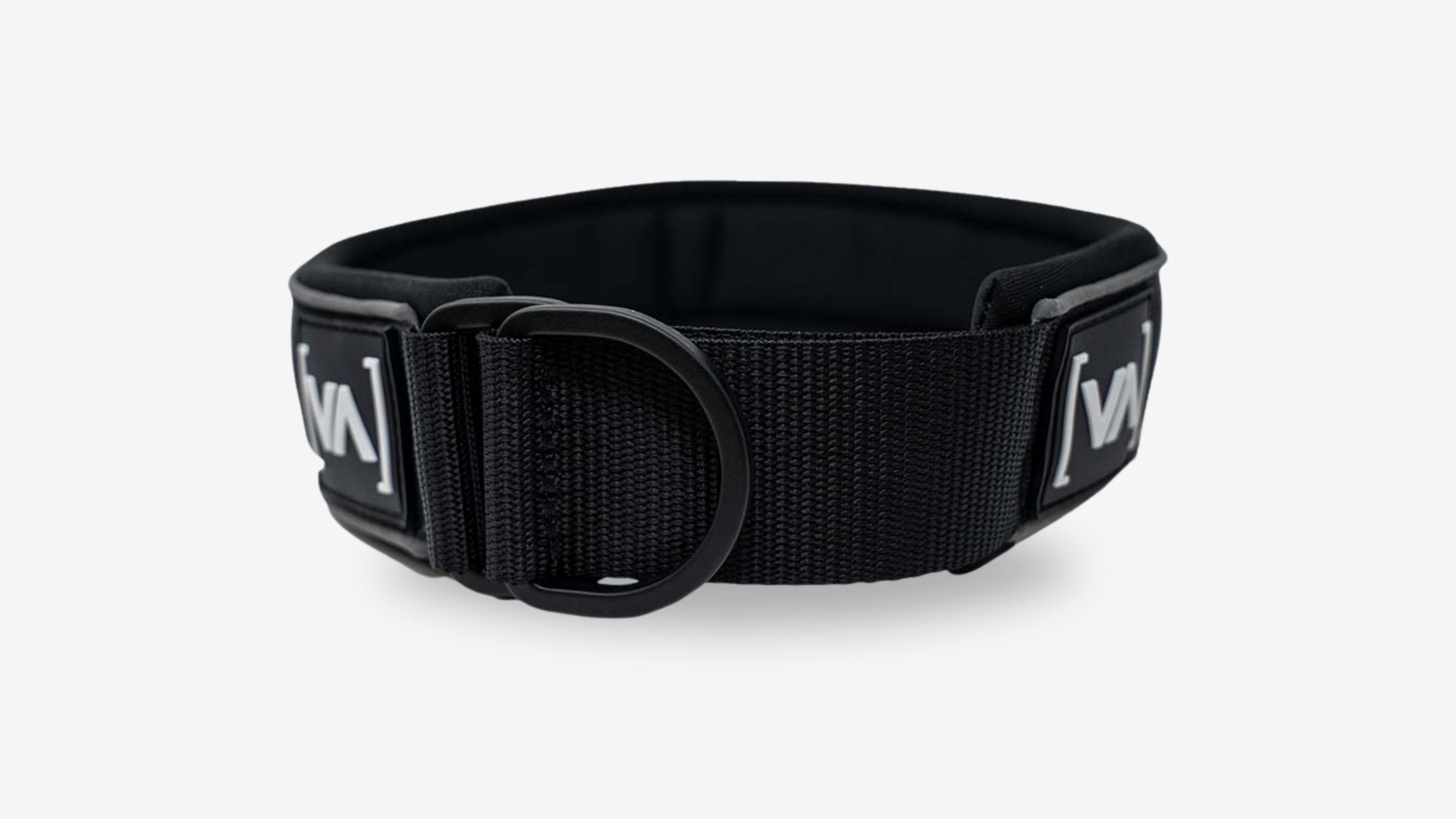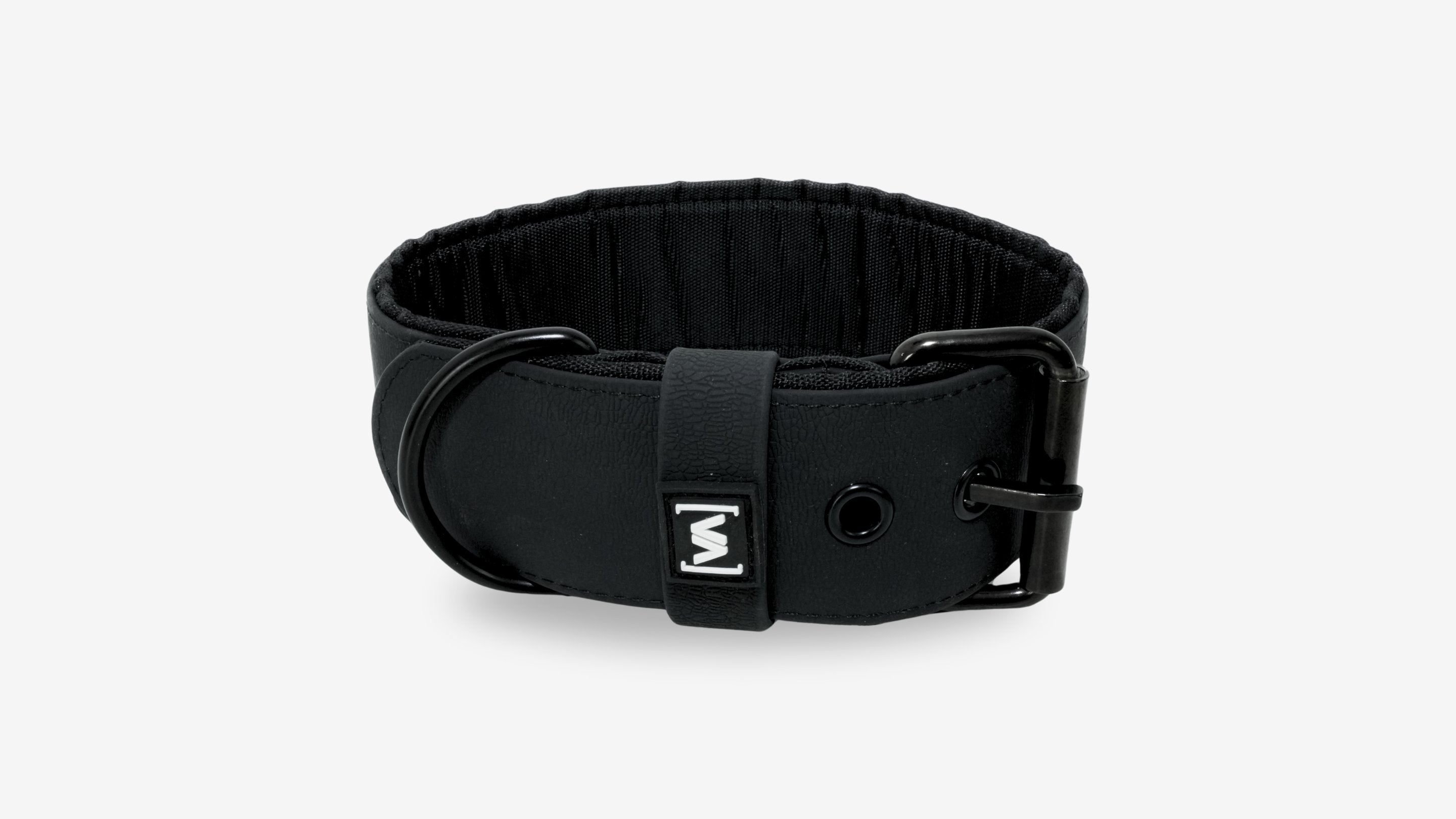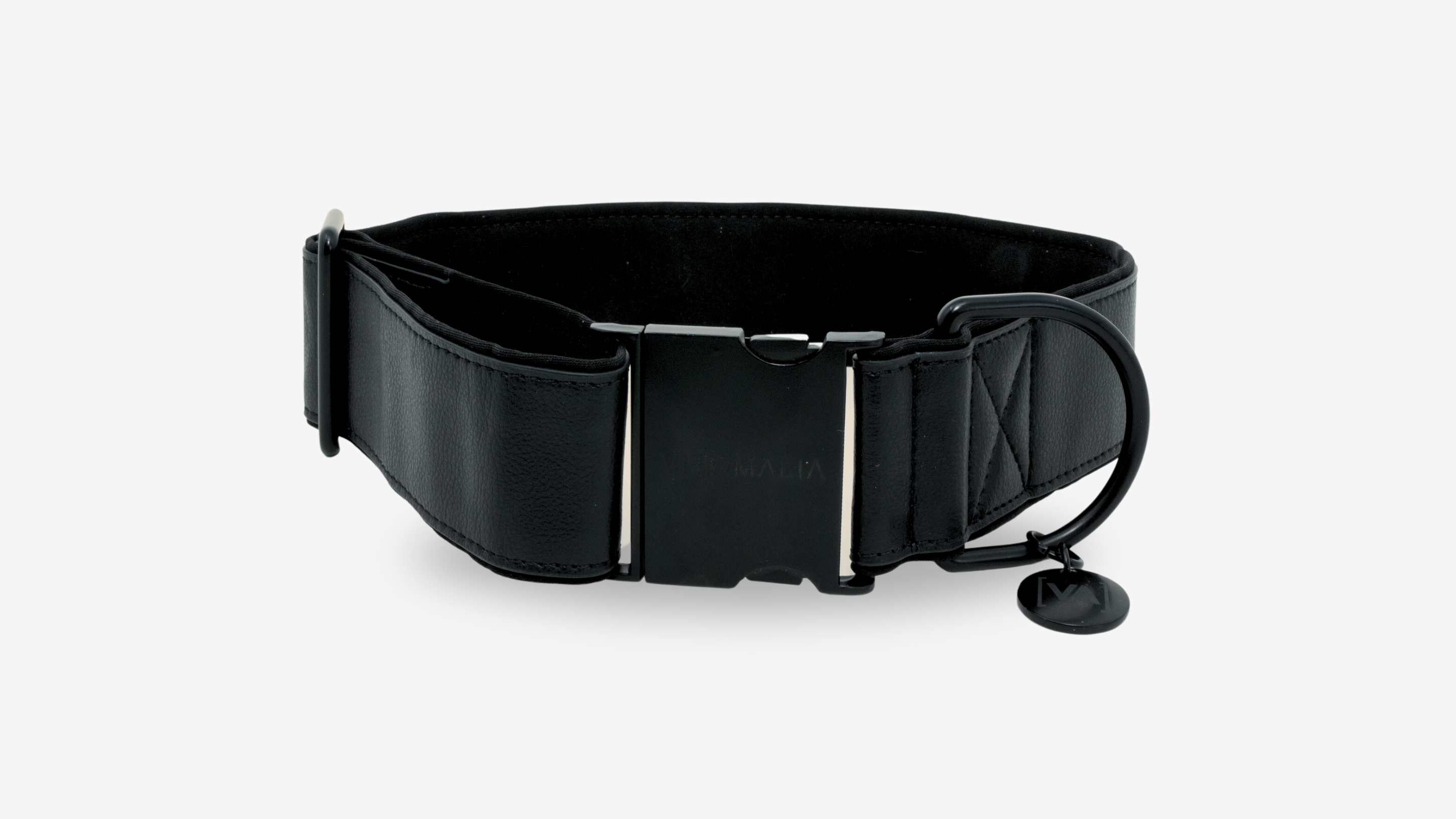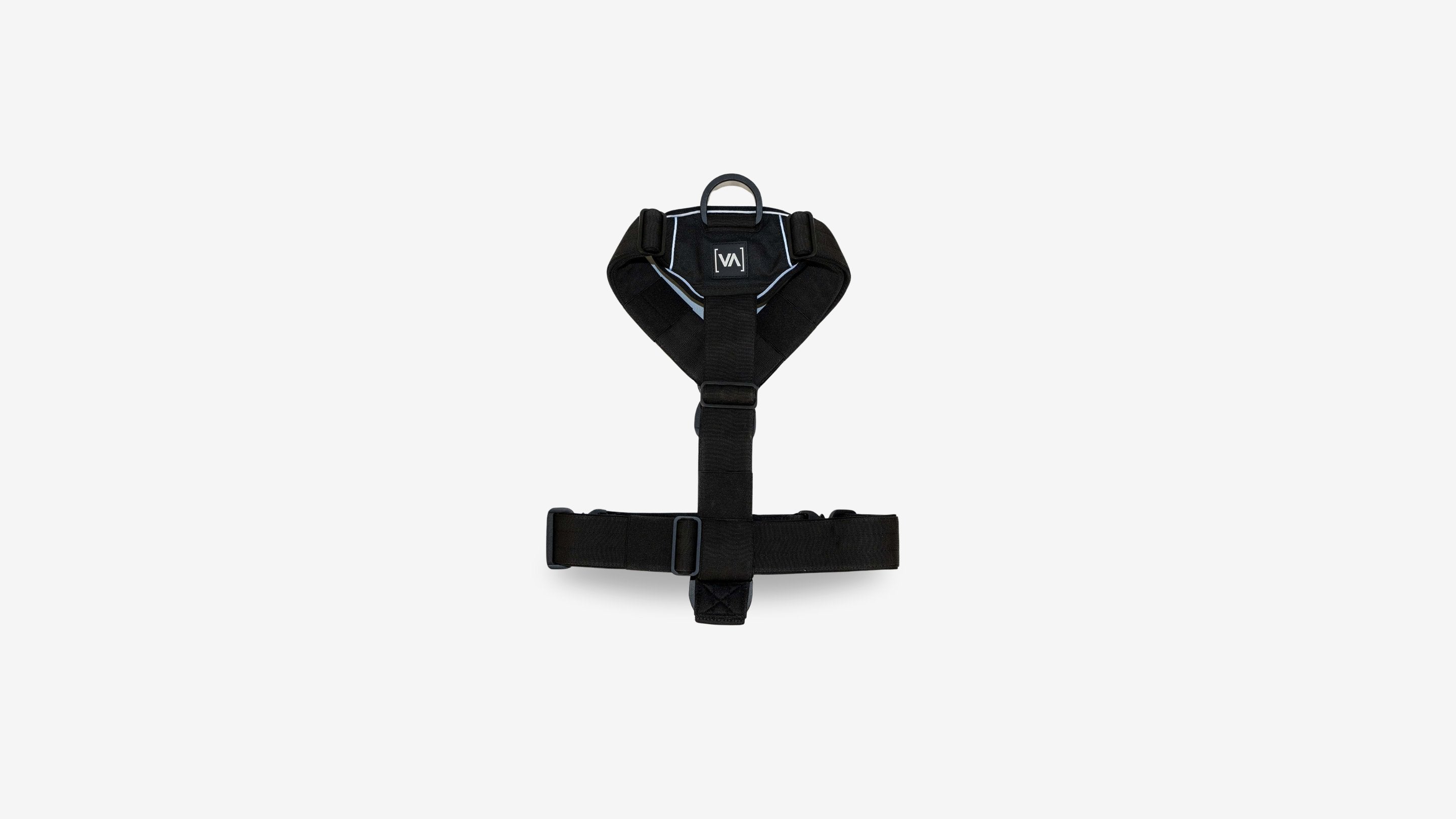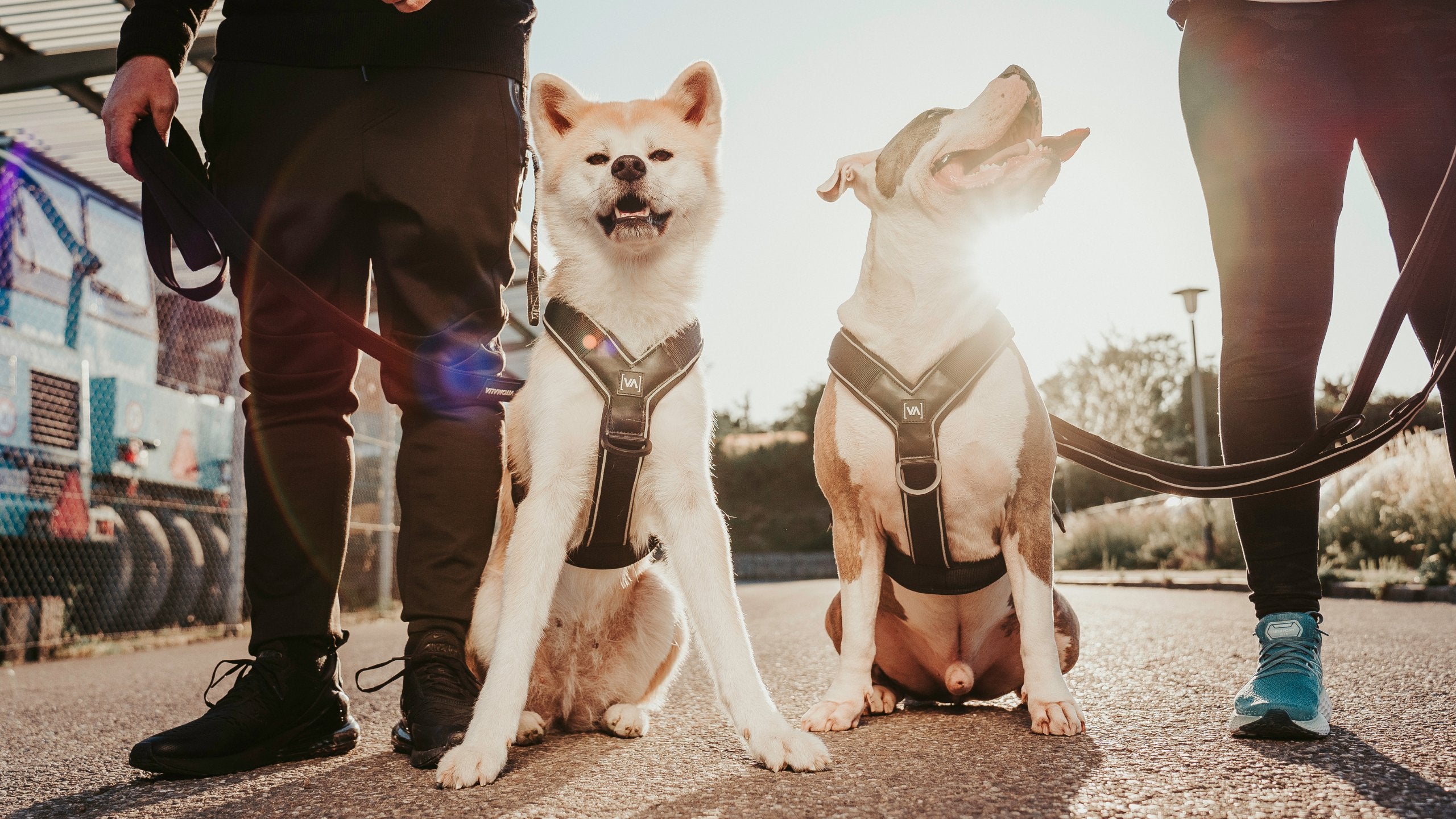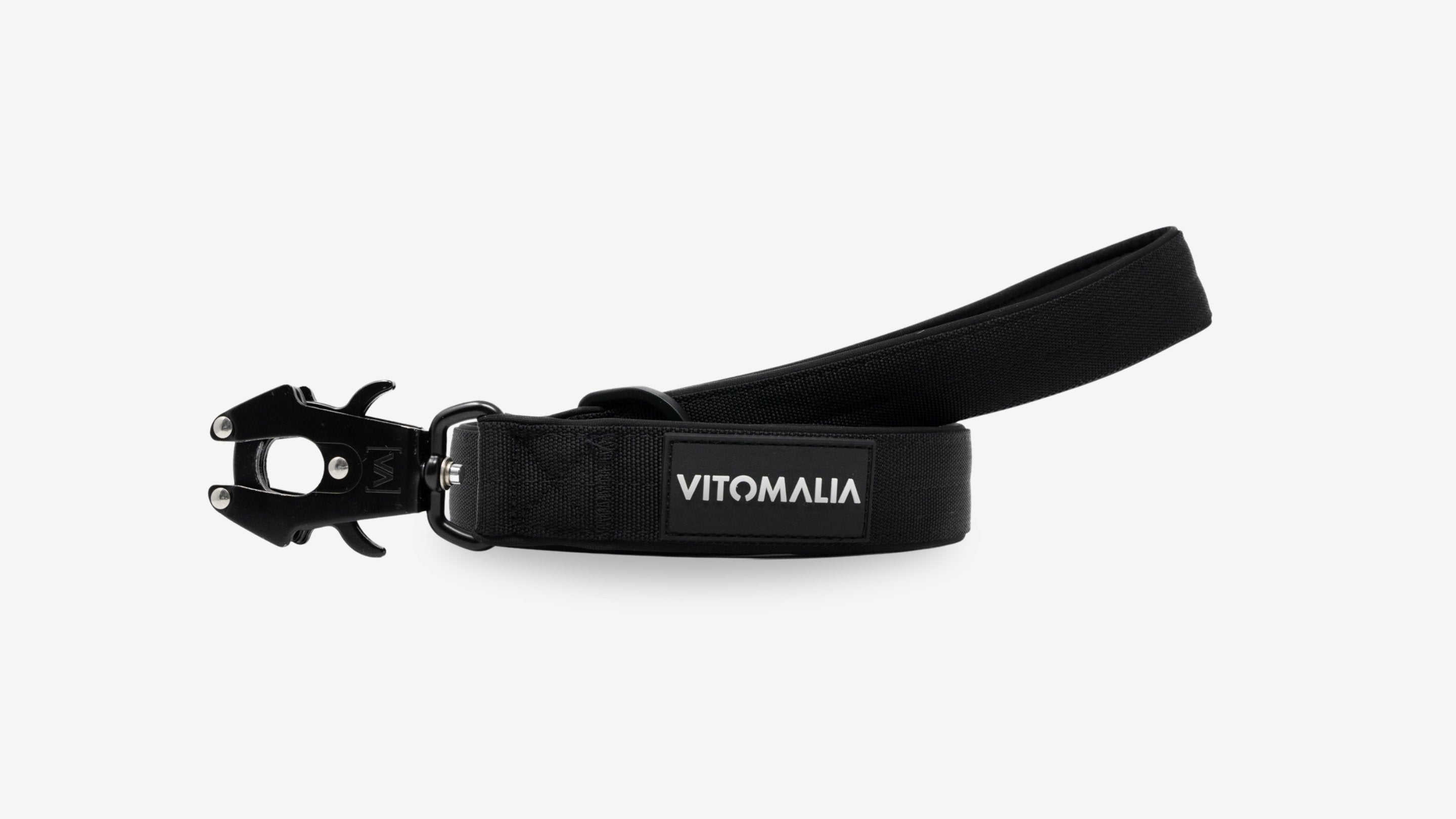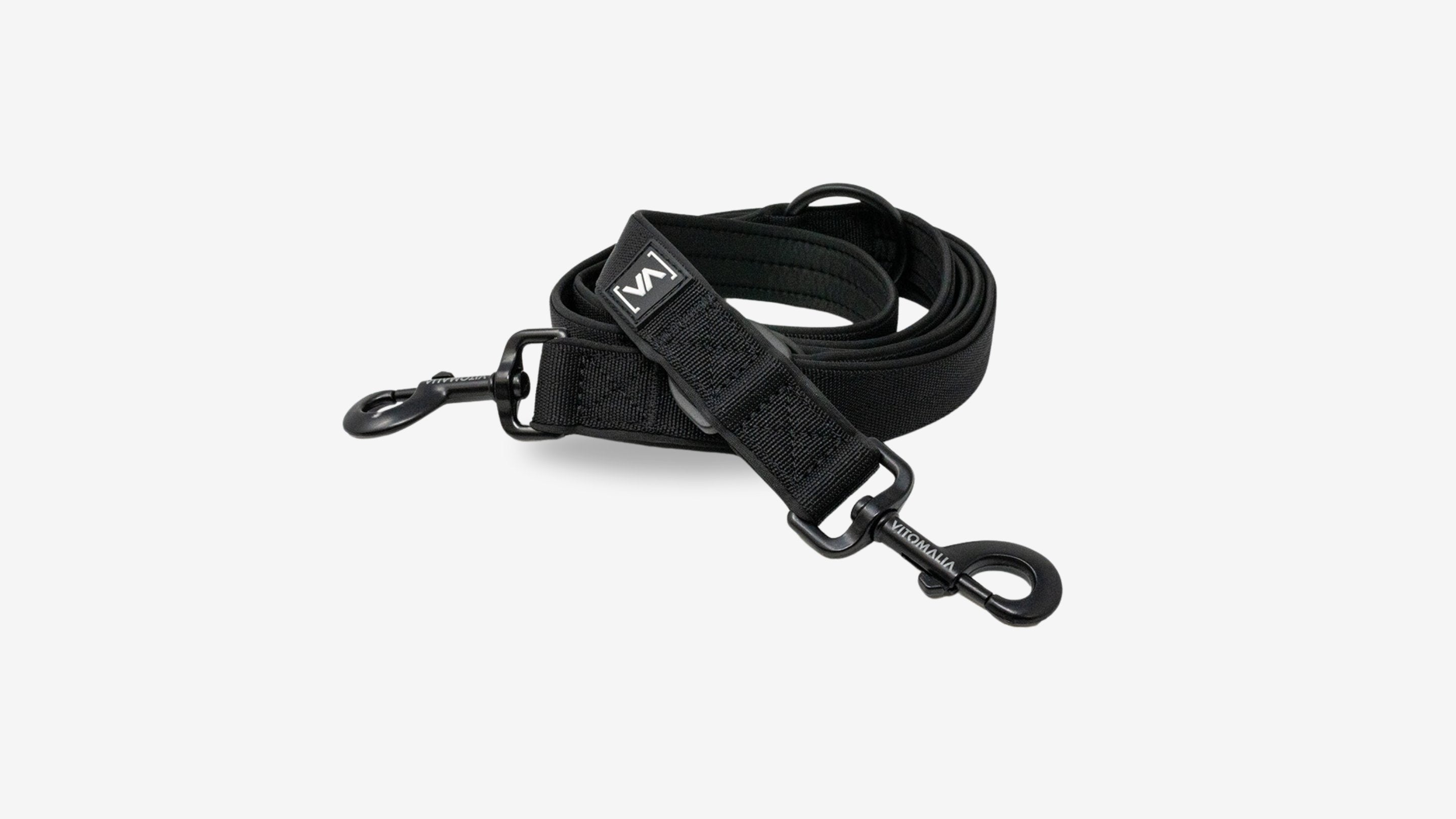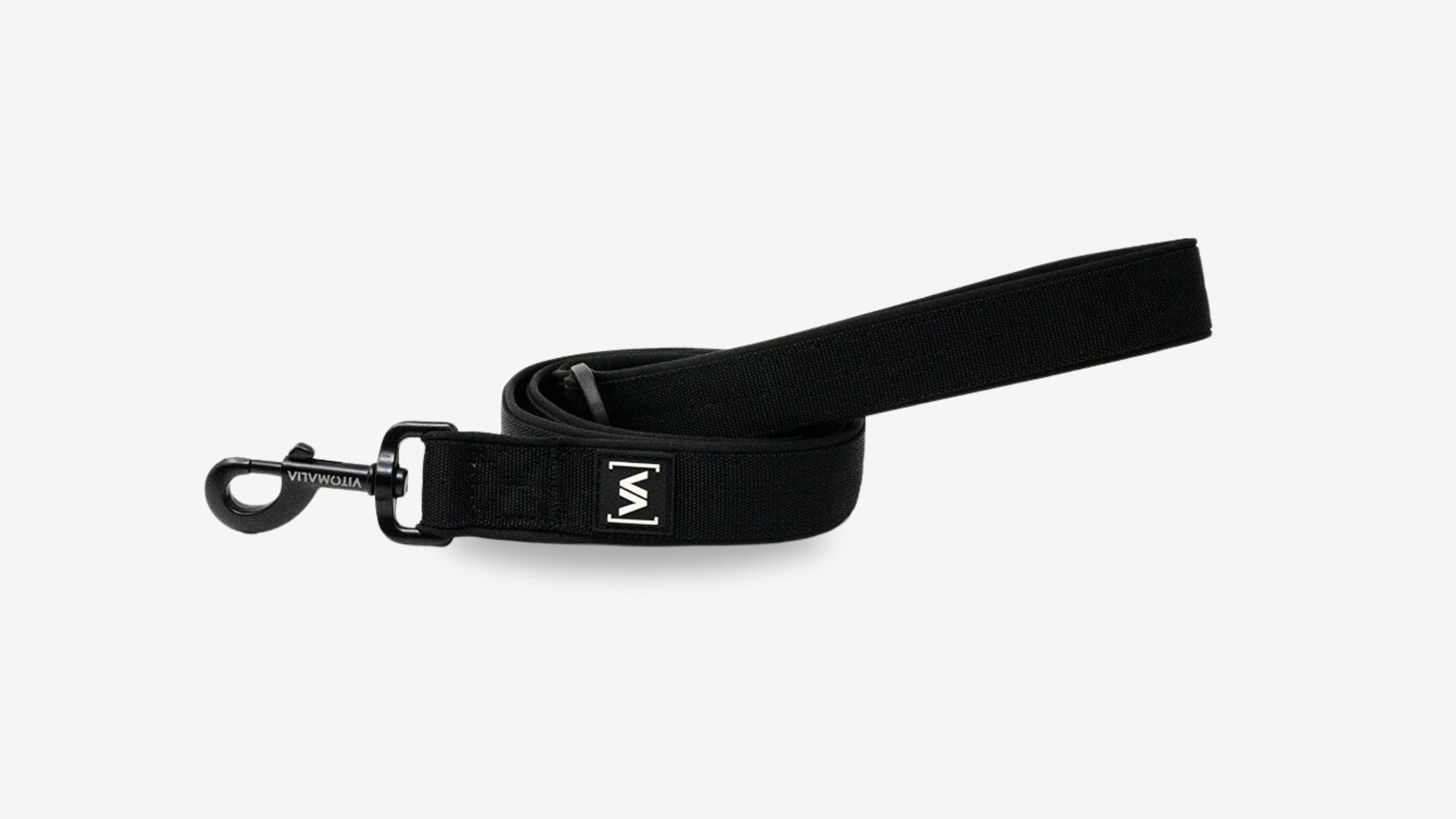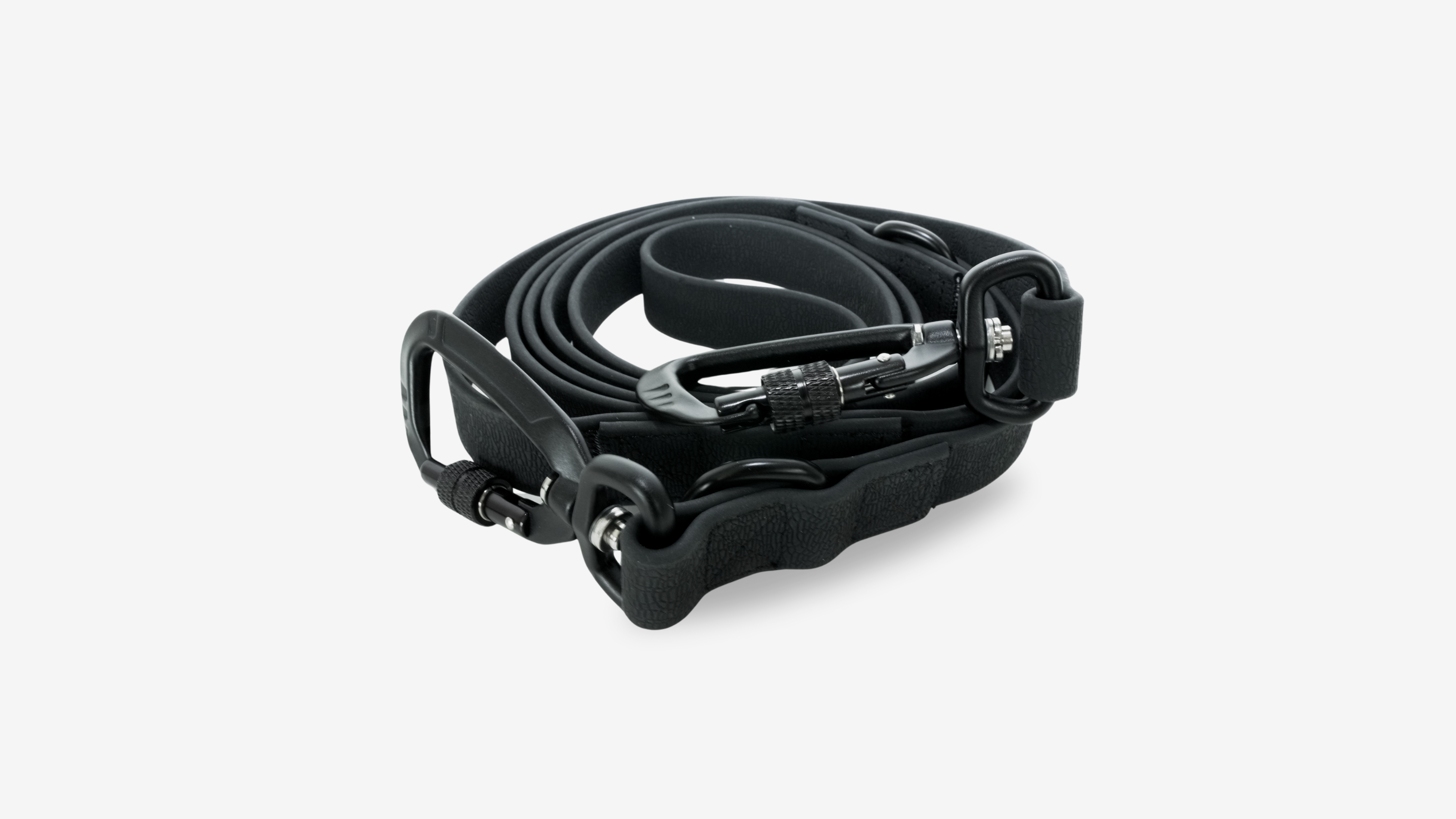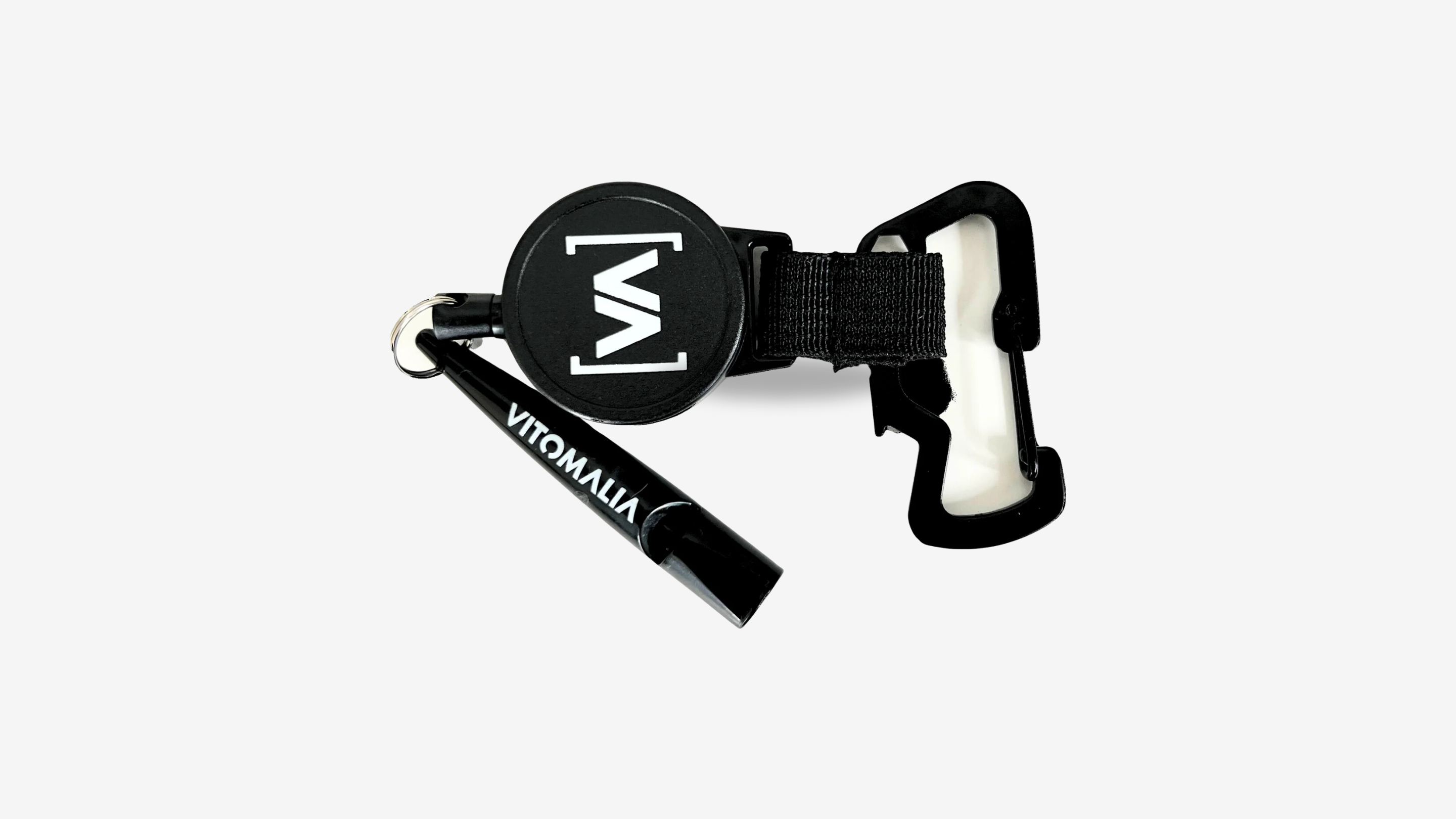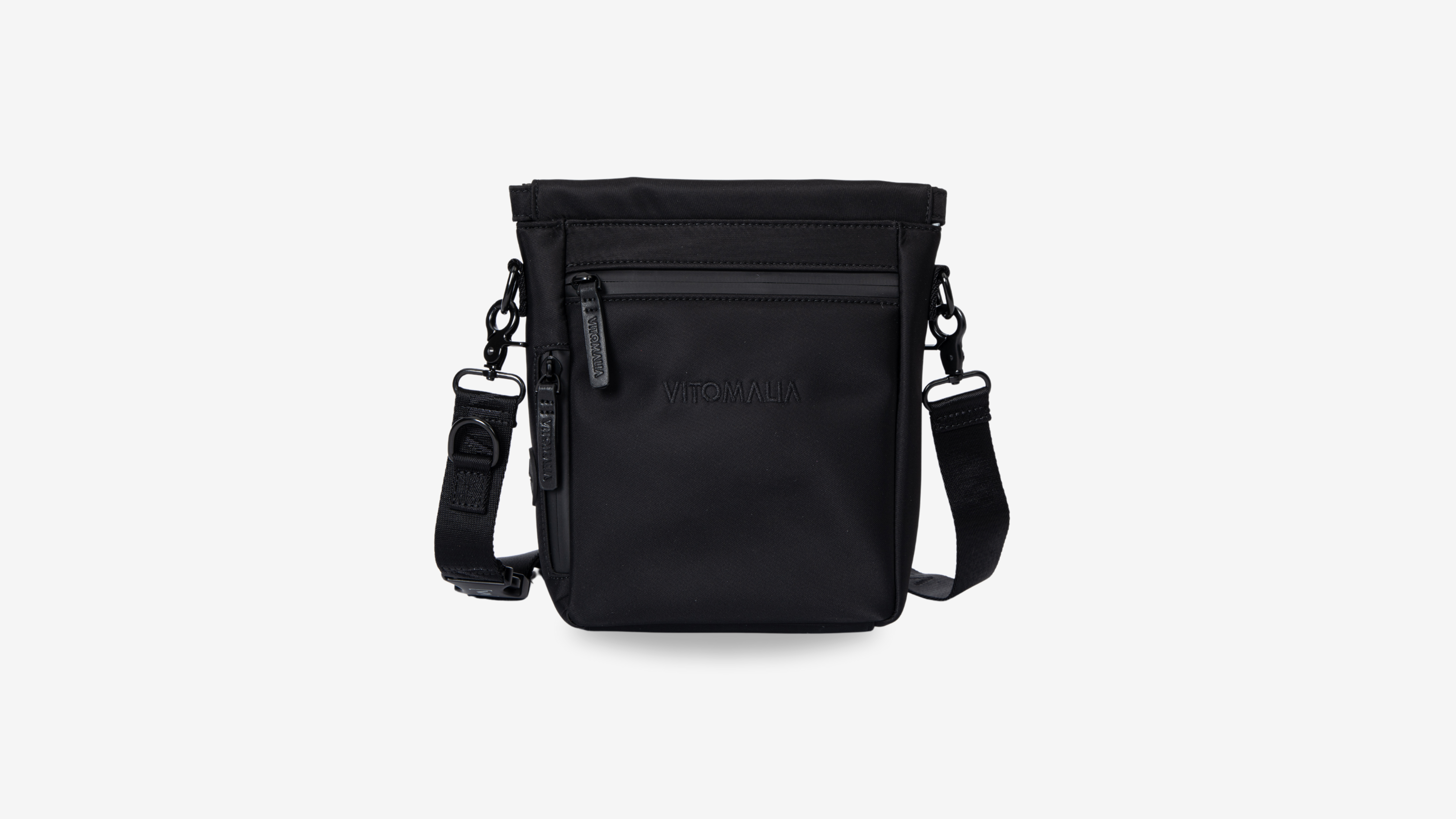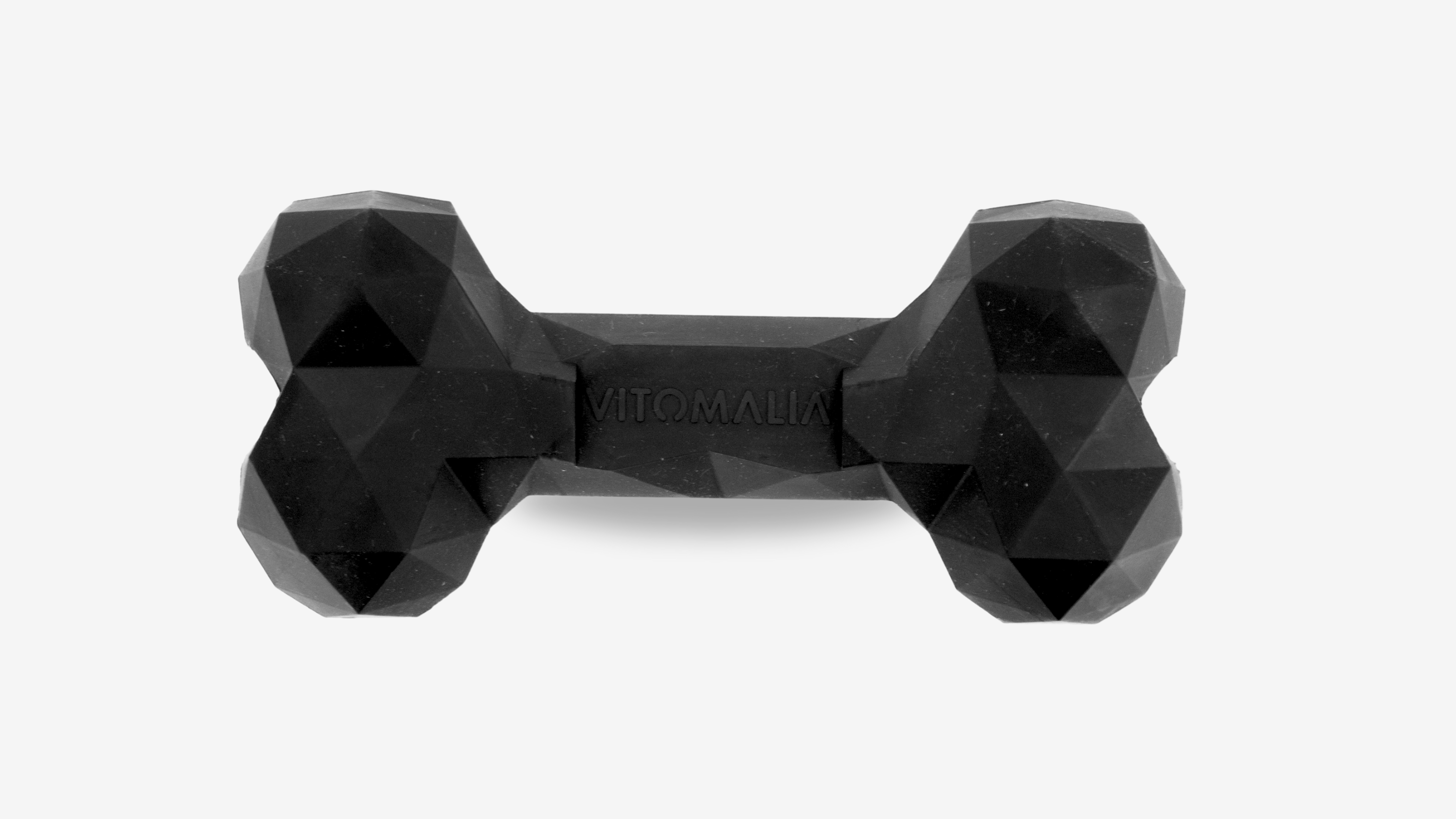Diarrhea in dogs - causes & home remedies
Introduction
Diarrhea in dogs is a common illness that every dog owner will deal with at least once during the life of their four-legged friend. The liquid and often uncontrolled excretion can be an expression of a variety of causes - from harmless feeding errors to serious health problems. Whether it occurs suddenly or gradually and chronically: Diarrhea is unpleasant for the dog and, especially if the symptoms persist, can become a serious burden and danger to his health.
Table of contents
Definition of diarrhea
Diarrhea in dogs is characterized by frequent urge to defecate, liquid or mushy stools and can be accompanied by other symptoms such as vomiting, loss of appetite or fatigue. The consistency, color and frequency of the stool changes significantly compared to the animal's normal state. Diarrhea is not a disease in itself, but a symptom that can indicate various health problems.
Many dog owners know this: the dog has diarrhea and you are worried. This happens quite often and the reasons for it can be very different. Sometimes it's not serious and goes away quickly, but sometimes the diarrhea shows that the dog is sick and needs help from the vet quickly.
It is important that as dog owners we have a good understanding of why a dog gets diarrhea and what we can do about it. We should understand when we can care for the dog at home and when it is better to go to the vet.
In this blog we explain the basics about diarrhea in dogs to get an initial overview. In the next sections we'll take a closer look at it all: Why do dogs get diarrhea, how does the vet find out what's going on and what can you do about it? This will give you a clear picture of the problem and help you learn how you can best help your dog.
Causes of Diarrhea in Dogs
In recent years, behavior researchers and dog trainers have increasingly questioned and criticized the dominance theory. The main criticisms and alternative approaches are:
Infections and parasites
Dogs can get diarrhea if they become infected with bacteria, viruses, or parasites such as worms. This sometimes happens when they eat something from the ground while walking or come into contact with infected animals. We therefore advise you to carry out regular worm tests and, if necessary, administer a worm treatment. Be careful not to carry out worming treatments at will, as these can be very stressful for the intestines. You can also protect your dog by protecting your dog from fleas and ticks.
Diarrhea in dogs can be caused by various infections and parasites, and one of the common sources of these pathogens is the feces of wild animals such as foxes.
- Fox droppings and the fox tapeworm: There is a risk of infection with the fox tapeworm (Echinococcus multilocularis), particularly in rural areas where contact with wild animals is more likely. The fox tapeworm lives in the small intestine of carnivores and excretes eggs in the feces, which are then ingested by rodents. The larvae develop in their liver, and if a dog eats an infected mouse or comes into contact with infected fox feces, for example, it can become infected. The worm larvae settle primarily in the dog's liver and can cause considerable damage there. Symptoms of an infection include diarrhea, vomiting and a bloated stomach. The fox tapeworm is also dangerous for humans and can cause serious illnesses. Regular deworming and preventing contact with fox droppings are essential preventive measures here.
- Giardien: These are tiny parasites that colonize the small intestine and can cause diarrhea, especially in puppies. They are excreted in the feces of infected animals and can be acquired through contaminated water or direct contact. Giardia is stubborn and often difficult to completely eliminate from the environment.
- Parvovirose: A virus that is particularly dangerous for puppies and young dogs. It causes bloody diarrhea, vomiting and fever. Transmission occurs through direct contact with an infected animal or its excretions. A vaccination offers protection here.
- Corona virus: Coronaviruses can also cause diarrhea in dogs. The viruses attack the intestinal wall and cause symptoms such as diarrhea, loss of appetite and lethargy.
-
Bacterial infections: For example, through salmonella or campylobacter, which can be acquired through spoiled food or contact with infected feces. These bacteria often cause watery, sometimes bloody diarrhea.

Diet-related causes
Diet plays a central role in the health of our dog's digestive system. Sometimes, whether through unwanted access to "forbidden" foods or careless feeding on the part of owners, dogs consume things that are not beneficial to their gastrointestinal tract. Here are some dietary factors that can trigger diarrhea:
- Bad food: Sometimes poor preservation or storage of dog food can cause it to spoil. Mold or bacteria in food can make the dog sick and cause diarrhea. Particular attention should be paid to hygiene when feeding BARF.
-
B-Vitamine: Vitamin B, particularly vitamin B12 (cobalamin) and B6 (pyridoxine), plays an important role in dogs' digestive health. A deficiency or imbalance of these vitamins can cause diarrhea and other gastrointestinal symptoms in dogs. Vitamin B12 is crucial for many metabolic processes and supports cell division as well as protein and energy production. A vitamin B12 deficiency can cause, among other things, diarrhea, loss of appetite and weight loss in dogs. A healthy intestine is necessary to absorb vitamin B12. Therefore, a gastrointestinal disease (like IBD - Inflammatory Bowel Disease) can hinder the absorption of vitamin B12, which in turn further compromises gut health, in a vicious circle. Vitamin B6 is essential for neurotransmitter production, immune function and metabolism. A deficiency of B6 can cause diarrhea and other symptoms such as anemia and skin diseases. Vitamin B6 is also involved in the production of digestive enzymes that help break down food and extract nutrients.
B vitamins are generally critical for energy production and can influence the health of the intestinal lining. An imbalance or deficiency of B vitamins can disrupt the body's ability to absorb nutrients, leading to diarrhea and other digestive problems.
- Abrupt food changes: Changing food quickly without making a gradual change can irritate the dog's gastrointestinal tract. It's important to make any dietary changes slowly over a week or longer to give the digestive system time to adjust.
- Foreign bodies and toxic substances: Dogs explore the world with their mouths and sometimes eat things they shouldn't, such as garbage, toys or toxic substances (e.g. chocolate, onions). This can cause irritation and inflammation in the intestines.
- Sensitive stomach: Some dogs have naturally sensitive stomachs, which means that certain foods or types of food can trigger diarrhea. Special diets or feeds are often helpful here.
- Food allergies and intolerances: Some dogs are allergic or intolerant to certain ingredients in their food, such as certain proteins, grains or additives. Symptoms may include skin problems and/or digestive problems such as diarrhea and vomiting.
- Overfeeding: Excessive amounts of food or treats, even if they are suitable for dogs, can also cause diarrhea because they overload the digestive tract.
- Feeding leftovers: Sometimes the habit of passing leftovers from our food to the dog can also cause problems. Our food often contains ingredients and spices that can be difficult for dogs to digest or even toxic.
Allergies and intolerances
It is not uncommon for our dogs, like us humans, to react sensitively to certain food ingredients. Allergies and intolerances to certain ingredients in food can trigger a wide range of symptoms, with diarrhea being a particularly common symptom. Addressing the issue of allergies and intolerances is essential to ensure the dog's well-being and avoid serious health problems.
- Common allergens: Common allergy triggers in dog nutrition include beef, chicken, egg, wheat and soy. But other proteins, carbohydrates or additives can also cause allergic reactions.
- Variety of symptoms: Allergies can manifest themselves in a variety of ways, including skin irritation (itching, redness), chronic itchy ears, but also digestive problems such as diarrhea or vomiting.
- Food diary: A helpful way to identify allergies or intolerances is to keep a food diary. The components fed as well as the occurrence and intensity of symptoms are documented.
- Elimination diet: A method often recommended by veterinarians for identifying food allergies is the so-called exclusion diet. Here, the dog is fed a strictly controlled diet over a certain period of time that only contains a few ingredients that are classified as harmless. Little by little, other food components are reintroduced to observe whether and which of them trigger a reaction.
- Allergy test: Dog owners who are confronted with the discomfort and stress of an animal suffering from allergies often look for ways to quickly and effectively identify the triggering factors. In addition to the elimination diet, which is often recommended by veterinarians, there are other methods such as allergy tests and bioresonance, which are, however, controversial among experts.
- Adjustment of feeding: Once the triggering factors have been identified, targeted adjustments to the diet can be made to exclude the identified allergens or intolerable components.
Stress and psychological factors
When we think about diarrhea in dogs, we tend to look for the causes in the physical. But just like with humans, a dog's psychological state can also affect his digestion.
- Psychological stress: Stressors, such as moving, adding a new family member, or a change in daily routine, can impact the dog's gastrointestinal tract and trigger diarrhea.
- Fear and excitement: Situational stress, such as travel, visits to the vet or thunderstorms, can also cause digestive problems.
- Management: Stress management techniques such as a stable routine, calming environments and positive reinforcement can help minimize stress levels and therefore reduce the likelihood of stress-related diarrhea.

Medication side effects
Some medications can cause diarrhea as a side effect. So if your dog has recently started a new medication and develops diarrhea, you should discuss this with your veterinarian.
Diseases of the internal organs
Diseases of internal organs can cause complex and varied symptoms, and diarrhea is often one of the first signs that something is wrong. Some specific diseases of the internal organs that may accompany diarrhea are:
Pancreatitis (inflammation of the pancreas)
- Symptoms: In addition to diarrhea, pancreatitis can also cause vomiting, abdominal pain, fever, and lethargy.
- causes: High-fat food, injuries, or side effects of medications can trigger pancreatitis.
- Management: Treatment may include dietary adjustments, medication, and in severe cases, hospitalization.
intestinal obstruction
- Symptoms: An intestinal blockage can cause diarrhea, vomiting, visible abdominal pain, and a swollen abdomen.
- causes: Intestinal obstruction can be caused by foreign bodies, tumors or twisted parts of the intestine.
- Emergency: An intestinal obstruction is a medical emergency and requires immediate veterinary intervention, possibly including surgery.
Tumors in the digestive tract
- Symptoms: Depending on the location and size of the tumor, symptoms such as diarrhea, vomiting, blood in the stool or weight loss may occur.
- Diagnosis and treatment: Imaging tests can help identify tumors, while the treatment strategy varies depending on the type and location of the tumor.
Liver and kidney diseases
- Symptoms: These can vary, but symptoms such as diarrhea, vomiting, increased thirst and urination, and jaundice often occur.
- Management: Depending on the diagnosis, various therapeutic approaches may be considered, including medications, diet changes, or even surgery.
Toxins
Toxins are everywhere and sometimes they come from the most unlikely sources. If your dog ingests such toxins, it can be life-threatening and quick action is absolutely necessary.
Typical toxins
- Groceries: Be careful of chocolate, onions and grapes - they are poisonous to dogs.
- Plant: Some, such as yew and rhododendrons, contain harmful substances.
- household chemicals: From cleaning agents to pesticides – swallowing them is dangerous!
Additional toxins
- Anti-tick agent: Too much of it or using it incorrectly can be dangerous.
- Fertilized fields: Fertilizers and pesticides can be ingested by licking or eating.
- Horse manure: If horses have been dewormed, their apples may contain toxic dewormers.
- Poisoned rodents: A dead rodent can contain toxins that are dangerous to your dog.
Emergency measures
- Be quick: When there are signs of poisoning, every second counts.
- Call the vet: Even if you are unsure, better safe than sorry!
-
Poison control center: Keep the numbers ready and check them regularly to ensure they are up to date.
-
Germany:
Poison emergency number Berlin: +49 30 19240
Bonn Poison Helpline: +49 228 19240
-
Switzerland:
Tox Info Suisse: +41 145
-
Austria:
Poison Information Center:
+43 1 4064343
-

Diarrhea in dogs and autoimmune diseases
Dog diarrhea can be a symptom of many different health problems, and while some causes are relatively harmless and easy to treat, others can be more serious and complex. Autoimmune diseases are one such category of diseases that can trigger diarrhea and other digestive problems in dogs.
Autoimmune diseases occur when the immune system incorrectly identifies its own cells and tissues as foreign and attacks them. Some autoimmune diseases that affect dogs and that may also be associated with diarrhea and other digestive problems include:
Lupus
- Definition: Lupus is a systemic autoimmune disease that can affect various parts of the body, including skin, joints, and internal organs.
- Symptoms: Skin changes, joint inflammation, fever and in some cases gastrointestinal problems such as diarrhea.
- Management: Often treatment is based on immunosuppressants and anti-inflammatory drugs to control symptoms.
Addison's disease (hypoadrenocorticism)
- Definition: This condition occurs when the adrenal glands do not produce enough steroid hormones, which are important for regulating various body functions.
- Symptoms: Vomiting, diarrhea, weight loss, weakness and apathy may occur.
- Management: Addison's disease is often treated with steroids and, if necessary, additional electrolytes to compensate for the hormone deficiency.
Inflammatory Bowel Disease (IBD)
- Definition: IBD is a chronic inflammation of the intestines that is often associated with an overactive immune system.
- Symptoms: Frequent diarrhea, vomiting and weight loss are characteristic.
- Management: Diet management, probiotics and often anti-inflammatory or immunosuppressive medications are part of the treatment strategies.
Diarrhea can be a first sign that the dog's immune system is not functioning properly, especially if it is persistent or accompanied by other symptoms. Diagnosing an autoimmune disease requires comprehensive veterinary examinations, including blood tests, ultrasounds, and possibly tissue samples. The exact causes and connections between autoimmune diseases and diarrhea are complex and vary depending on the disease and individual dog. Overall, diagnosing and treating autoimmune diseases in dogs requires an in-depth understanding and individualized approach to managing the symptoms and challenges involved.
Diagnosis of diarrhea
A thorough diagnosis is crucial to determine the exact cause of diarrhea in dogs and to initiate the correct therapy accordingly. Here are some more detailed points on the methods already mentioned, as well as some additional approaches.
Fecal examination
- Parasitenbefall: The vet will look for signs of parasites such as worms or giardia.
- Bacterial infections: A microscopic test can indicate harmful bacteria such as salmonella.
- Viral infections: Some viruses, such as parvovirus, can cause diarrhea and are often life-threatening.
- digestive enzymes: A test of digestive enzymes can reveal problems with the pancreas.
Blood test
- Organ function: Checking the function of the liver, kidneys and other important organs.
- Inflammatory markers: Anti-inflammatory markers may indicate systemic disease or infection.
- Blood count: Analyzes the number and quality of blood cells, which can indicate various health conditions.
Ultrasound or X-ray
- Cancer: Identifies possible growths or abnormalities in the organs.
- Blockages: Checks for foreign bodies or blockages in the digestive tract.
- Organ structure: Examines the shape and structure of internal organs for abnormalities or changes.
Food samples
- Allergietests: Special elimination diets or skin tests are sometimes performed to identify food allergies or intolerances.
- Food intake: Document the dog's food and water intake to identify any abnormalities or patterns that may indicate a problem.
Additional diagnostic measures
- Endoscopy: This involves inserting a flexible tube with a camera through the dog's mouth to inspect the digestive tract and, if necessary, take tissue samples.
- Biopsy: In certain cases, a tissue sample may be taken from digestive organs to check the cells microscopically for abnormalities or disease.
- Special tests: Sometimes specific tests are necessary for diseases such as pancreatitis, Addison's disease, or hyperthyroidism.
Diagnosing diarrhea in dogs can be complex, especially when the cause is not immediately apparent. It is important that you work with the veterinarian to provide an accurate history and symptom overview that can help make a diagnosis. Every clue can be valuable, and the combination of specialized testing and detailed information can pave the way to effective treatment and restoration of your dog's health.
General initial measures for diarrhea in dogs
Some supplements and home remedies can provide support if your dog has acute diarrhea, but they should never be considered the sole solution. The cause of the diarrhea should not be ignored. If digestive problems persist or recur, a more in-depth examination by a veterinarian is essential in order to rule out possible underlying illnesses or problems or to treat them appropriately. If the diarrhea lasts longer than 3 days or is accompanied by other worrying symptoms, a visit to the vet is essential. Diarrhea, especially if it persists over a long period of time, can lead to serious and potentially life-threatening dehydration.
Individual tolerance plays an important role when it comes to using natural remedies and home remedies. Every dog is unique and reacts differently, which is why there is no one-size-fits-all solution. That's why it's crucial that you watch your dog closely and pay attention to how he reacts to certain substances. Another essential factor is professional advice. Coordination with the veterinarian is of the utmost importance to ensure that the remedies chosen are not only safe but also suitable for your dog's specific case.
Elm bark
Soothes and protects the stomach and intestinal mucosa by forming a protective film.
Heilmoor
Can help remove toxins from the intestines and stabilize intestinal flora.
Pro- & Präbiotics
Support healthy bacteria in the intestines and help restore microbial balance.
psyllium husks
Bind liquids and can therefore improve the consistency of the stool.
Marshmallow root powder
Protects the mucous membranes in the digestive tract and may have anti-inflammatory effects.
Fun Soup
A traditional home remedy that can calm the intestines and provide electrolytes.
Haferschleim
Delivers nutrients while being gentle on the gastrointestinal tract. Ideally in a ratio of 1:5 or even 1:10 (i.e. 2 tablespoons of oat flakes and 10-20 tablespoons of water) bring to the boil over medium heat for about 5 minutes. The more water you add, the slimier it becomes.
Donation fee
Mild food such as chicken breast with potatoes and additional Moro soup can relieve digestion. Chicken breast is a low-fat and easily digestible food. Potatoes stop diarrhea and are an intestinal-friendly source of carbohydrates and energy.
Marshmallow root powder
Protects the mucous membranes in the digestive tract and may have anti-inflammatory effects.
Fun Soup
A traditional home remedy that can calm the intestines and provide electrolytes.
Fun Soup
Moro soup is named after Professor Ernst Moro, a German pediatrician who developed it in the early 1900s to treat diarrhea in children. This soup became known for its ability to soothe the intestines and counteract diarrheal illnesses. Even though it was originally developed for humans, some dog owners also use this method for their four-legged friends.
Basic recipe:
- Take about 500 grams of carrots.
- Peel them and cut them into small pieces.
- Cook the carrots in about a liter of water for at least 90 minutes until very soft.
- Puree the cooked carrots and remaining water into a smooth soup.
- Add a pinch of salt (really just a tiny amount for dogs).
Use in dogs:
- Smaller amounts of the soup can be added to the food or served as a standalone meal.
The long cooking time of carrots causes the release of special types of sugars that help bind and eliminate harmful bacteria in the intestines. Moro soup can therefore have a supportive effect on calming the intestines and bringing the intestinal flora back into balance.

Vitomalia's conclusion
Diarrhea in dogs can have a variety of causes, including food intolerances, infections, parasitic infestations, or more serious health problems such as internal organ disease. Even if it is natural to first resort to gentle home remedies and proven nutritional supplements, such as slippery elm bark, probiotics or Moro soup, these remedies should never be seen as a replacement for veterinary diagnosis and therapy.
If you have acute diarrhea, it's first important to keep an eye on your dog and make sure he isn't becoming dangerously dehydrated. If the diarrhea lasts longer than 24-48 hours, blood is visible in the stool, or the dog's general condition worsens, a trip to the vet is essential. Even if the diarrhea passes but recurs at regular intervals, it should definitely be checked out by a specialist in order to rule out chronic or hidden illnesses.
Ultimately, it's always about finding a careful balance between initial measures at home and professional veterinary care. As a dog owner, you should always be vigilant and know your dog well in order to be able to act accordingly in the event of irregularities in the digestive tract. The dog's health is the most valuable asset and always deserves priority and attention.
What are common causes of diarrhea in dogs?
Common causes include food intolerances, infections, parasites, abrupt food changes and sometimes more serious health problems such as organic diseases.
When should I take my dog to the vet if he has diarrhea?
A vet visit is advisable if diarrhea persists for more than 24-48 hours, if it is accompanied by vomiting, apathy or blood in the stool, or if the dog shows signs of weakness or dehydration.
Which home remedies can help with diarrhea?
Some home remedies such as Moro soup, psyllium husks and slippery elm bark can have a soothing effect under certain circumstances. However, these products should only be used after consultation with a veterinarian and as a supplement to medical therapy.
Can I give my dog medication for diarrhea?
Medications should never be administered without veterinary advice. Although certain medications can help with diarrhea, it is crucial that the cause of the diarrhea is known to ensure proper treatment.
What can I give my dog to eat if he has diarrhea?
A light diet is essential for diarrhea. Easily digestible foods such as gruel, boiled potatoes, Moro soup and cooked chicken breast are often recommended by the vet.
Can diarrhea in dogs be transmitted to people?
In rare cases, yes. Some diarrheal diseases, especially those caused by certain parasites or bacteria (e.g. Giardia), can be zoonotic, meaning they can be transmitted from animals to humans.
Should I continue to give my dog water when he has diarrhea?
Yes absolutely! It is essential that a dog with diarrhea continues to drink fluids to prevent dehydration. If he doesn't drink voluntarily, please see a vet immediately.
Can I give my dog probiotics for diarrhea?
After consultation with the veterinarian, probiotics can be a useful support for stabilizing the intestinal flora. They can help restore the balance of intestinal bacteria, but they are not a panacea and should not be the only treatment for diarrhea.
